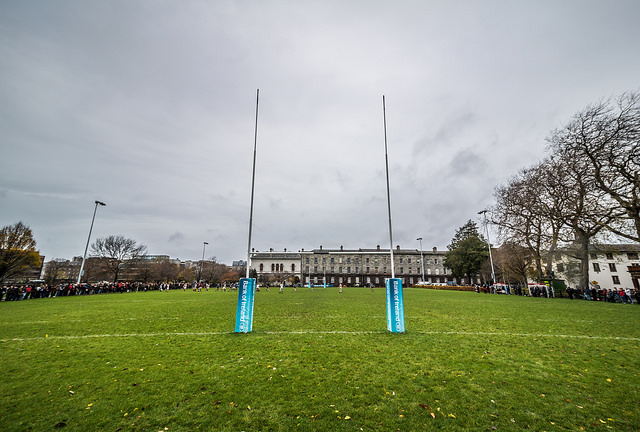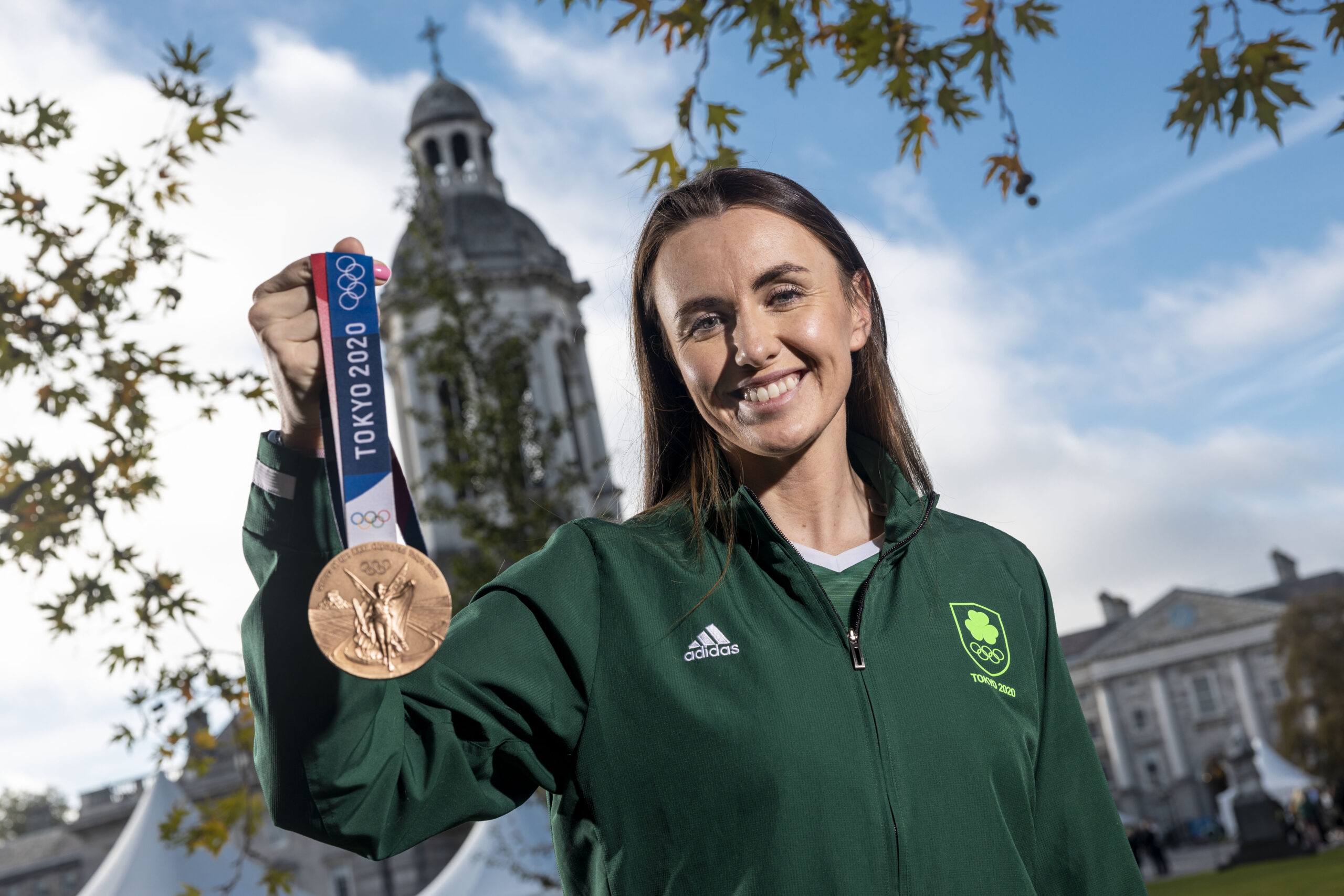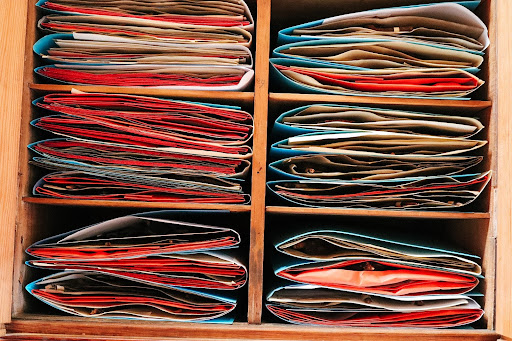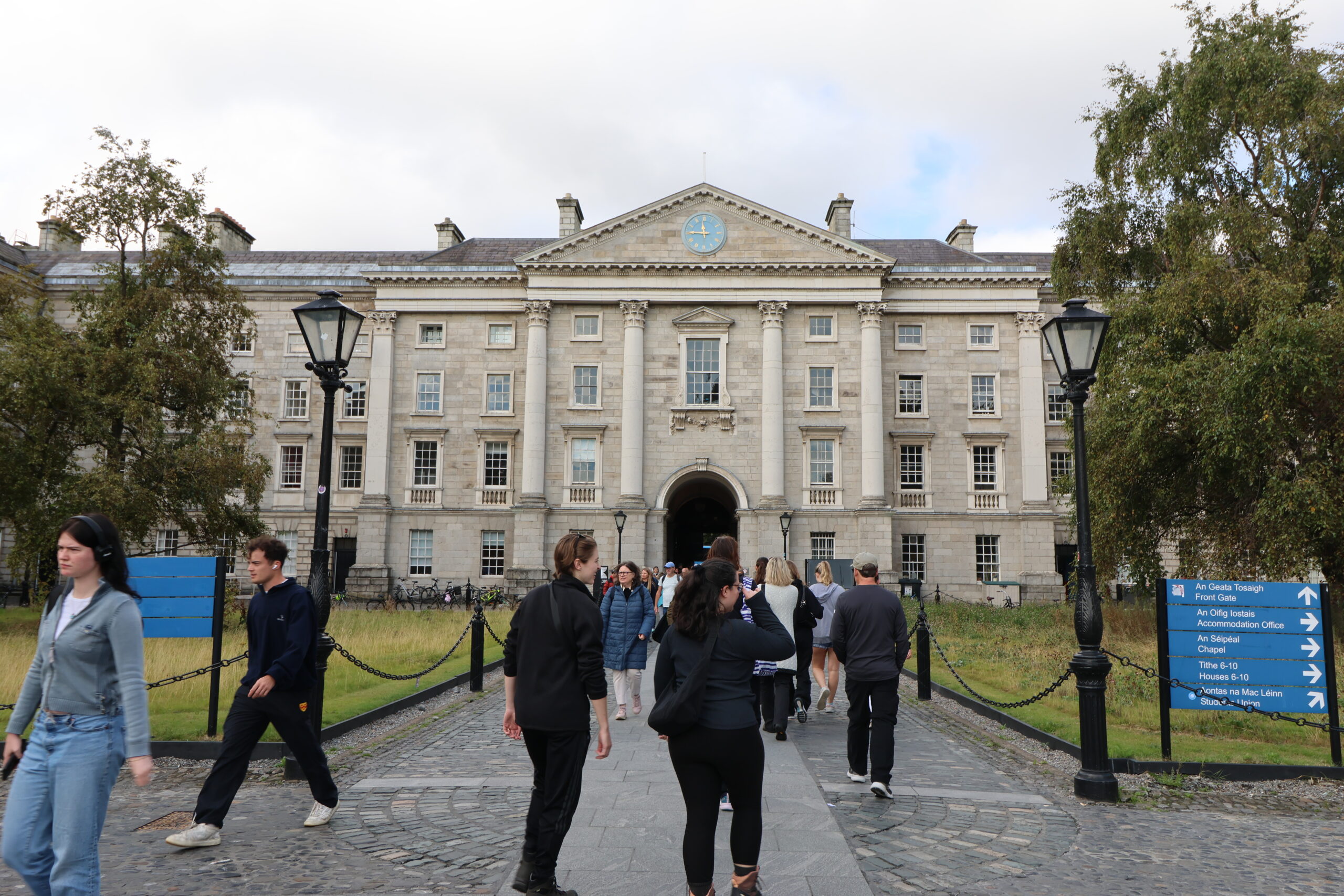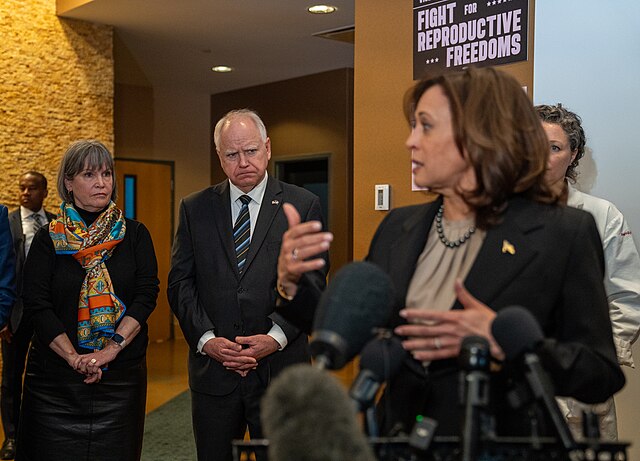Jason Boateng was 18 years old. It was his first game for Trinity – first game playing senior football – 15 minutes in.
“I was shy, I was at a new team as well so I didn’t really want to make a fuss,” recalls Boateng, now aged 25.
“At the time – well, most of the times I am anyway – I was the only black person on my team so I really didn’t want to make a fuss about it.”
“Most people just wouldn’t understand.”
This was how Boateng felt after a member of the opposing team called him a “black cunt”.
“Straight to my face like, referee was right there, one of my players was standing across from me”.
To reiterate: this was teenage Boateng’s first foray into senior football.
“I couldn’t believe it honestly. I was like, ‘what have I got myself into?’”
The incident forced Boateng to take a break from the sport.
“I even took like two or three weeks off football to be honest with you. In my head, I was thinking, ‘Oh, is this even that serious? Am I blowing this out of proportion in my head?’ That’s partly why I didn’t tell the manager. I didn’t tell anybody else on my team, I just kind of told my friends because they’d understand more. Some of them are black and whatnot so they understand more.”
That was 2017. You would be forgiven for assuming that – in light of the Black Lives Matter (BLM) movement’s greater prominence since 2020 and professional footballers now taking the knee before kick-off – a marked reduction in abuse has since occurred.
Yet the online racist abuse to which players are still subject to would suggest otherwise, a prime example of which being the comments made last month towards Tottenham Hotspur’s Son Heng Min.
And listening to former Trinity captain and current first team goalkeeper Dan Grace, it appears any optimism in Ireland’s case would also be unfounded.
“We did have an issue in a college game last year where a player was racially abused,” he says.
Where change is occurring, it seems, is in how other players respond to these incidents.
“The player brought it to me after the full time whistle and we reported everything through the referee,” says Grace.
“I know if I heard something directed at one of my teammates I would, without a doubt, not continue the match until that player is reprimanded.”
Boateng’s own attitude has also changed.
“If that was to happen today I’d take matters into my own hands small, I’d stop the game completely” he says unequivocally.
“With the BLM, I think this visibility, all of these things happening to other people in football, if other people are doing it [speaking up about racism], I have to take a stand for myself as well.”
“There has been a lot of commotion about footballers, Marcus Rashford being a prime example, who have spoken up about it and shone light on it. It’s definitely given me a sense of confidence to be able to speak up about these things.”
In such overt instances of explicit racial abuse, the transgression is easily identified. Less conspicuous are cases of casual racism.
“There’s this stereotypical stuff you don’t want to hear again … like ‘Jason with his massive dick’, the stuff you hear kind of all the time, I’m pretty sure every single person of colour has experienced it. ‘Changing room banter’ or whatever you want to call it,” explains Boateng.
“[Or] when guys come back from holiday after spending a week in Spain, ‘ah, Jason I’m nearly the same colour as you haha’. I just kind of get really tired of it at times, you know.”
Grace’s experiences – both at Trinity and for League of Ireland side Drogheda United – similarly point to the pervasiveness of this issue and ignorance of the impact of such comments.
“When I was younger … I remember there were some very insensitive things talked about in the dressing room [at a previous club]. I don’t think there was malice behind it as we would’ve been under 16 at the time.”
“It definitely didn’t raise any eyebrows as that was just the ‘culture’ of the dressing room banter,” he reflects.
It is not an ignorance confined to players and fans. Sometimes not even the referee can be relied on to know the boundaries.
“I’m not sure if it’s exactly racism or some sort of microaggression where the referee referred to me as, ‘that black lad over there’. Again, I didn’t make a fuss about it but it just kind of kind of stuck to me. Like, I’ve a number on the back of my shirt, surely you should refer to that instead of my skin tone.”
Grace’s experience echoes Boateng’s.
“Particularly when I was younger I remember several times the ref referring to teammates and opposition players as the ‘coloured lad’, etc. I have called a manager out on this previously too. It’s the sort of casualness of it that I think makes them think it’s okay.”
Such ‘unconscious bias’ extends to how coaches and players perceive a person of colour’s physical attributes at the expense of their technical ability.
A study carried out by Danish research firm RunRepeat analysed more than 2,000 statements from commentary on 80 games across the English Premier League, Italy’s Serie A, Spain’s La Liga, and French Ligue 1.
It found that 63 per cent of criticism from commentators about a player’s intelligence is aimed at those with darker skin. Commentators were also more than six times more likely to reference the power of a player if he has darker skin – and three times more likely to mention his pace.
Ireland is once again no exception.
“I hear it all the time,” says Boateng.
“‘Mark the number six, he’s fast, he could get by you’, or even in the Premier League when commentators are referring to ‘big black lads in the middle’. They rarely refer to them as being technical in any sense, just kind of powerful, strong, fast but there’s much more to their game.
“And that’s at the highest point as well. So as you can imagine, it’s definitely been sieved down through all the leagues.”
Goalkeeper Grace notes another pattern of bias forming pertaining to his own playing position.
“One thing I noticed growing up was that you’d never see a ‘black goalkeeper’, and that was true for most of the youth teams I played against because I’m sure managers had that bias when selecting positions and giving opportunities. I’d like to think that managers made these decisions unconsciously and not with malice.”
Football in Ireland therefore appears no cleaner than football on the rest of the continent.
But what about other sports in Ireland?
Tony Smeeth – head coach of Trinity’s rugby team Dublin University Football Club (DUFC) since 1998 – is unable to recall racial abuse on a rugby pitch in Ireland.
“The only place I have heard it happening was in New Zealand back in the 1980s when I was there … it was more accepted banter of the time.”
Nor does Smeeth encounter it on a casual level anymore.
“I just don’t hear it in today’s rugby changing room”.
“If it was one of my players saying something which I did not agree with, I would intervene for sure… but it’s not something I have really experienced in Trinity.”
Whilst Smeeth’s experience is certainly not proof that racism is absent from rugby, it suggests that it is perhaps rarer than in football.
Wexford hurler Lee Chin has spoken in the past of the racist abuse he faced on the pitch which led to two players receiving suspensions. However, in GAA too, incidents of this nature are not common.
The experience of another Trinity alumnus, a track and field athlete who played football at school and Trinity before graduating in 2019 and who wished to remain anonymous, suggests that athletics also seems to be less affected than football.
When asked whether he had heard or seen abuse when playing, the alumnus replied: “In the early days of playing football, never really in track and field. Just football. Sometimes it was called out by the referee and other times it was ignored”.
Perhaps this comparative scarcity is because more people of colour play football than GAA or rugby – “there are not many in the [rugby] club at the moment”, Smeeth points out.
Grace thinks the discrepancy may be cultural.
“I’ve long thought that football and football matches are the most backwards things when it comes to social issues.
“Last year I wore a rainbow armband with a full pink goalkeeper jersey and I’d say on a near weekly basis there was a slightly homophobic comment made out either by the ref or the opposition team without fail. It’s just a systematic issue within the sport.”
Whilst it may be more prevalent in some sports than others, prejudice in sport naturally has roots in society away from the field. It is something that Boateng has had to learn to live with.
“I went Christmas shopping with my girlfriend, and she’s white … I walked in [to the shop] with my hands in my pocket, and we were in there for like 40 seconds and she couldn’t find anything she liked.
“As we were walking out the security guard stopped me and asked me what was in my pockets. And the thing is, I don’t make a fuss about it. This has happened numerous times, and not just in Ireland. Even when I was abroad in America or Austria it happened. Most of the time my friends, my work colleagues, make more fuss about it than I do because it’s almost normalised to me.”
The continuation of racist abuse to this day highlights how challenging it is to stamp out – eradicating a mindset is a different ball game altogether.
Grace notes an age dimension to racism which he believes will shape the rate of any social change.
“In football it’s a fundamental issue within the individuals of the older generation that are not aware of their attitude and how it can be perceived.”
This, according to Boateng, is where the challenge lies.
“I think the best option … stems from the population that’s growing up now, so in terms of under-15s, because I don’t think you’re going to really change the mentality of a 25 to 40 year old [who’s been] playing football for I don’t know how many years now. It’s almost instilled into their characters, so you’re not going to really change that.
“Maybe what we can do is just educate their kids to not be like their parents.”
The aforementioned alumnus also doubts whether the more casual variety of racism can be eradicated – but for different reasons.
“The meaning of casual racism will always evolve. Things that weren’t termed “racist” 15 years ago in Ireland and were passed off a “light banter” are now considered racist. That doesn’t mean people do not become more racially aware as time passes on”, they said.
“It just means that with the increased awareness, the more people will dig deeper into what actually constitutes racism.”
Grace also seems more optimistic.
“I really don’t understand how people in our generation particularly can have these views … I suppose it depends on their upbringing and such but I really can’t see how anyone would be too far gone to change their views.
“I do think as well that a lot of comments that I’ve mentioned in the previous answers were not meant with any animosity. It’s just a lack of awareness from certain individuals.”
Perhaps racism in Irish sport is not as overt as it is elsewhere. There are few cases comparable to the banana throwing incident with Brazil back in September, or the Yorkshire County Cricket Club scandal in England.
But before looking self-righteously across at our international neighbours, we in Ireland have our own issues with race in sport that need addressing. Acknowledging the existence of these issues is the first step in that process.
